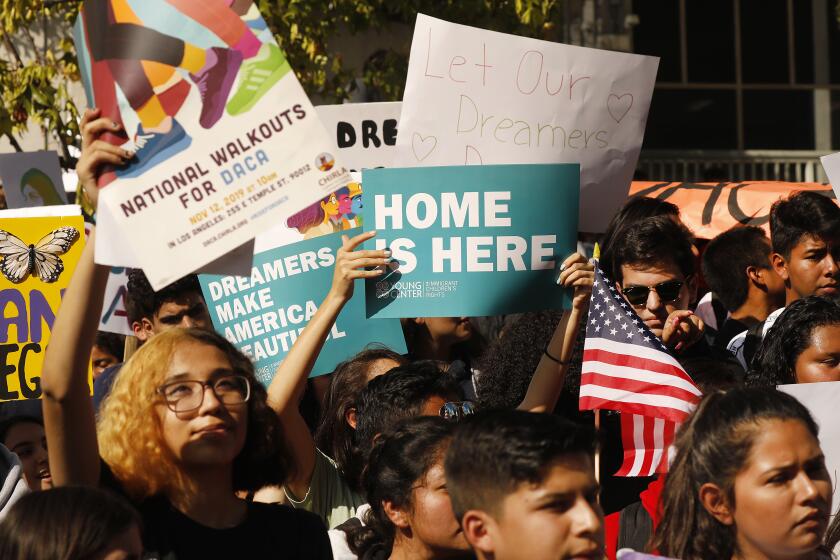It’s Too Easy to Indict Rot at the Top
Both the White House and Wall Street are now busily trying to get scandals behind them. High-level officials in each locale are distancing themselves from the lawbreakers. The White House is blaming Oliver L. North and his overzealous friends; Wall Street is blaming Ivan F. Boesky and his overgreedy friends. We’re told that the problems stem from a few rotten apples. Once the rot is cut out, we can all get back to business as usual.
But the scandals will not end. In coming months congressional staffs and other investigators will discover what happened to the millions of dollars gleaned from the weapons sales to Iran, and federal prosecutors will announce more indictments on Wall Street. The rot will continue to spread.
A deep American parable is being played out here--an engrossing morality tale about corruption and venality that we as a nation periodically recount. The American parable of the Rot at the Top differs subtly but profoundly from a superficially similar European mythology: The struggle here is only occasionally and incidentally a matter of money or class. There are no workers pitted against capitalists at the heart of this American story. It is, rather, a tale of villainy and decadence among the powerful, of conspiracy against the broader public.
At the turn of the century, muckrakers like Upton Sinclair and Ida Tarbell uncovered sordid tales of corporate malfeasance; their modern heirs (revealing CIA depredations, White House scandals and corporate transgressions) are called investigative reporters. The theme recurs in real or invented stories of honest undercover agents--Sam Spade, Serpico, Jack Nicholson in “Chinatown,” Harrison Ford in “Witness”--who trace the rot back to the most powerful members of the community. The tale is embodied by the great bullies of American fiction--Judge Thatcher of “Huckleberry Finn,” Broderick Crawford as the Huey Long-like character in “All the King’s Men,” Lionel Barrymore’s demoniac Mr. Potter in “It’s a Wonderful Life”--and in the tales of humble folk, like the Joad family of “The Grapes of Wrath,” who struggle valiantly against avaricious bankers and landowners. The moral is clear: Power corrupts, privilege perverts.
The tale of Rot at the Top has infused presidential campaign rhetoric. In 1912 Woodrow Wilson promised to wage “a crusade against the powers that have governed us . . . that have limited our development . . . that have determined our lives . . . that have set us in a straight jacket to do as they please.” His struggle against the trusts would be nothing less than “a second struggle for emancipation.” A quarter of a century later Franklin D. Roosevelt fulminated against the “economic royalists” who had impressed the whole of society into “royal service.” “The hours men and women worked, the wages they received, the conditions of their labor . . . these had passed beyond the control of the people, and were imposed by this new industrial dictatorship,” he warned in one speech. Decades later Ronald Reagan would issue similar charges against Washington insiders, arrogant government bureaucrats and liberal intellectuals who wanted to grab power and stifle individual creativity.
It is comforting to conjure up villains at the top. We can blame them when things go wrong, and then throw the rascals out. But I suggest that the most threatening danger--the most threatening because we are so little vigilant against it--is not villainy at the top. It is irresponsibility at the top.
The real problem at the White House and on Wall Street has nothing to do with bad apples. The failure lies deeper--in the fact that no one took responsibility to make sure that the Oliver Norths and the Ivan Boeskys weren’t able to grab power and pervert the system.
In telling tales of villainy we miss the most important lesson. America faces a crisis of stewardship. Rapid changes in the world and in our governing institutions have undermined traditional assignments of responsibility. For many of the purposes most important to society--at the top of our government as at the top of our corporations and financial institutions--there is nobody clearly, accountably in charge.
More to Read
Start your day right
Sign up for Essential California for news, features and recommendations from the L.A. Times and beyond in your inbox six days a week.
You may occasionally receive promotional content from the Los Angeles Times.






